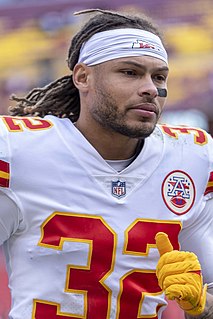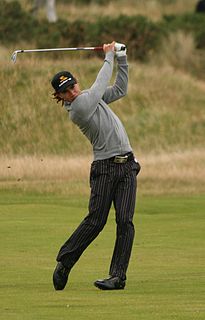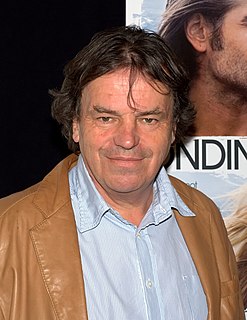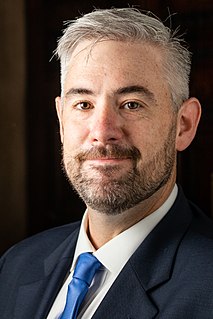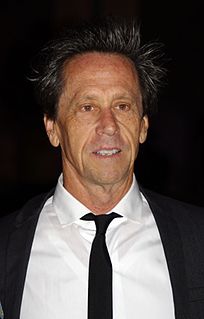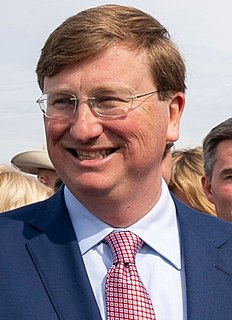A Quote by Troy Vincent
At the end of the program, I tried to talk to the kids a little bit about life skills.
Related Quotes
But when you talk about the education and you talk about the lack of recreation for kids to do, I mean, it's second to none in New Orleans when you talk about the lack of opportunities for young people. And it's not just black kids, it's white kids. It's Asian kids. I had Vietnamese kids in my class that had lack of opportunities.
The impositions that this government is trying to put on now, it's the typical death by 1,000 cuts. We'll take a little bit here, we'll take a little bit here, we'll take a little bit here. And it doesn't end the conversations for 25, 50 years. It starts the conversation again the next day what they're looking to take back.And really it's about freedoms.
I get rejections from the New Yorker. When I had to give a little talk to the people graduating from the MBA program at Columbia who were going into writing and filmmaking and everything, I said, "When I tried to think of what to say, the only subject I thought was appropriate for people doing what you're going to do is rejection." That's what it's all about.
I like to always stop with a couple of pages that I haven't - that are just raw copy, where I haven't touched it, I haven't tried to revise it, I haven't tried to polish it. It's like having a little bit of a runway. The next day when you sit down, you have the comfort of saying, well, I have got a little bit here, used to be in the typewriter. Now it's in the magic box, the computer.
There are a lot of ways to talk about the life of a photograph. You can talk about the afterlife of a photograph, and in the end I talk about that, with the Richard Prince picture. But mainly, what I dedicated the book to being about was how photographs begin their life, and where they begin it. And they begin it with the photographer's imagination and instinct and experience.
For sure I see so much in Sudan that is wonderful, normal life - young entrepreneurs starting up NGO projects, kids mucking around and being kids. Everything else that happens in normal life in any part of the world, and we never get that in our media coverage. We only talk about Sudan once it's in crisis, so we end up with a distorted sense of what daily life is like for a lot of people.


